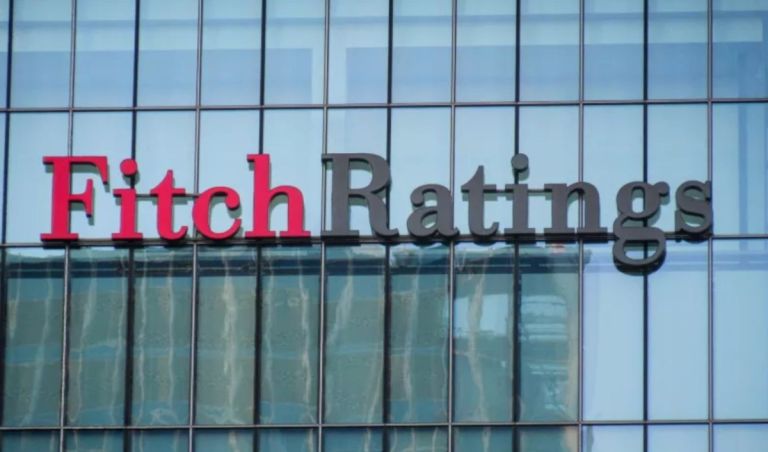From BBB- to BBB: Fitch Rewards Greek Economy for Rapid Debt Reduction

Πηγή Φωτογραφίας: AP Photo//From BBB- to BBB: Fitch Rewards Greek Economy for Rapid Debt Reduction
Fitch’s upgrade of Greece from BBB- to BBB, with a stable outlook, signals a clear recognition that the Greek fiscal and macroeconomic profile is entering a phase of stabilization and institutional credibility. The move is not merely cyclical; it reflects systematic improvements in both debt dynamics and policy quality, as acknowledged by the rating agency.
Rapid Debt Reduction – The Key Driver of the Upgrade
According to Fitch, Greece is achieving the fastest post-pandemic debt reduction among rated countries.
Key points:
- Debt fell from a historical peak of 209% of GDP in 2020 to approximately 145% in 2025
- Declined by 10 percentage points in 2024
- Expected to fall by another 9 percentage points in 2025
Fitch projects that public debt will approach 120% by 2030, supported by roughly 4% nominal GDP growth and primary surpluses of around 3.5% of GDP after 2027. Cash buffers remain exceptionally high — about 18% of GDP — allowing for early repayments and coverage of debt maturities for three years.
Strong Fiscal Performance and Credible Policy Framework
Fitch notes significant fiscal progress:
- General government surplus of about 1% of GDP in 2025
- Primary surplus of 4.8%
- Consistent compliance with EU fiscal rules

The upgrade also reflects improved tax compliance, disciplined spending, and stronger institutions. The approval of a domestic fiscal rule requiring sustainable primary balances reinforces policy credibility.
Despite planned fiscal loosening (income tax cuts, social transfers, defense wage increases), Fitch expects the budget to remain in surplus, supported by a robust revenue base and structural improvements.
Resilient Growth – Supported by Investment and Labor Market Strength
The Greek economy has maintained growth of around 2% since 2023, higher than the Eurozone average. Fitch anticipates:
- Growth near 2% through 2027
- Convergence of income levels toward the Eurozone average
- Continued employment gains and stronger corporate balance sheets
- Positive impact from EU Recovery Fund disbursements in the later years
Domestic demand remains the primary driver, while capital goods imports for investment slightly widen the structural current account deficit.
External Risks – Persisting Current Account Deficit
Fitch flags that Greece’s current account deficit (CAD) remains high relative to the BBB median:
- Around 6% of GDP
- No improvement in H1 2025
- Driven mainly by low savings and high investment-related imports
Membership in the eurozone, however, limits external financing risks.
Banking Sector – Strengthening but Still Linked to the State
Fitch upgraded all systemic Greek banks to investment grade in 2025, recognizing:
- Improved profitability
- Higher capital adequacy
- Stable deposit base
- Completed balance sheet cleanup
However, deferred tax credits (DTCs) remain a key pressure point (~45% of CET1 capital), while government guarantees under the “Hercules” scheme continue to pose contingent risks.
Outlook – Potential for Further Upgrade
Fitch leaves open the possibility of future upgrades if:
- Significant debt reduction continues
- High primary surpluses are maintained
- Growth potential is reinforced through reforms and investment
Negative pressure could arise from structural fiscal loosening, new contingent liabilities, or adverse growth shocks.
The upgrade to BBB is more than symbolic:it confirms that Greece has established a stable, predictable, and financially credible environment, supported by consistent debt reduction, institutional strengthening, and sustainable growth.
Source: pagenews.gr
Διαβάστε όλες τις τελευταίες Ειδήσεις από την Ελλάδα και τον Κόσμο






Το σχόλιο σας